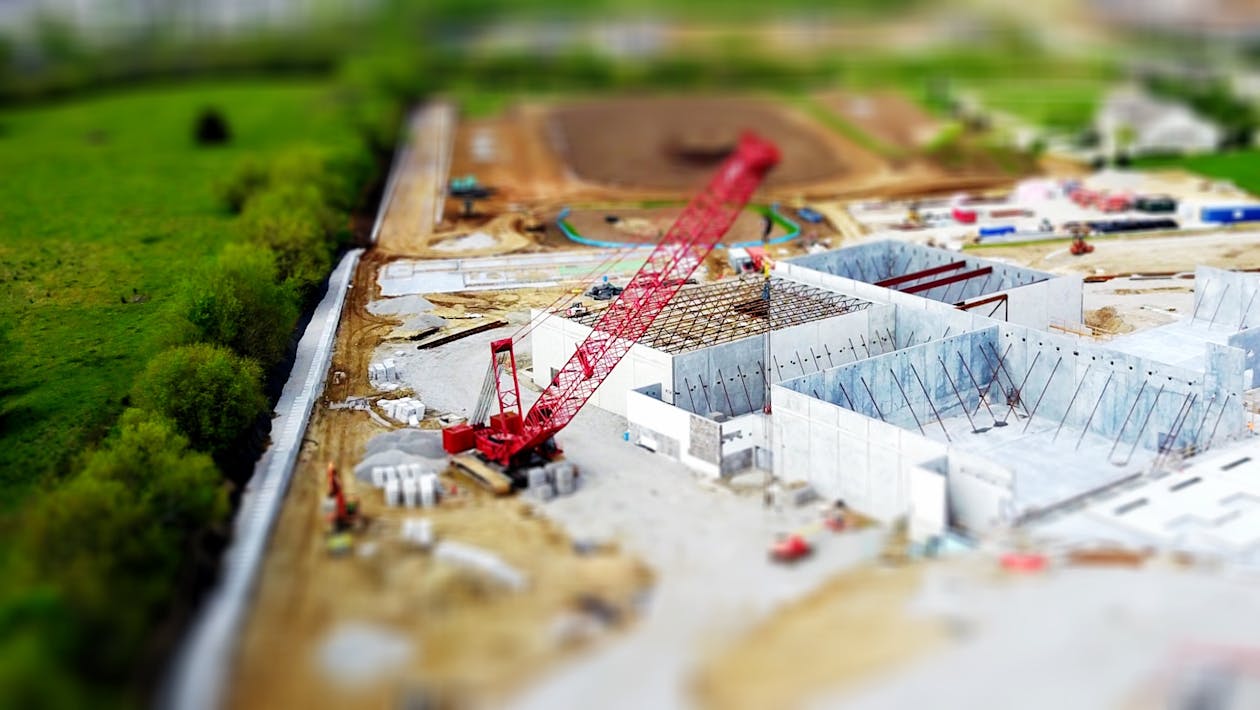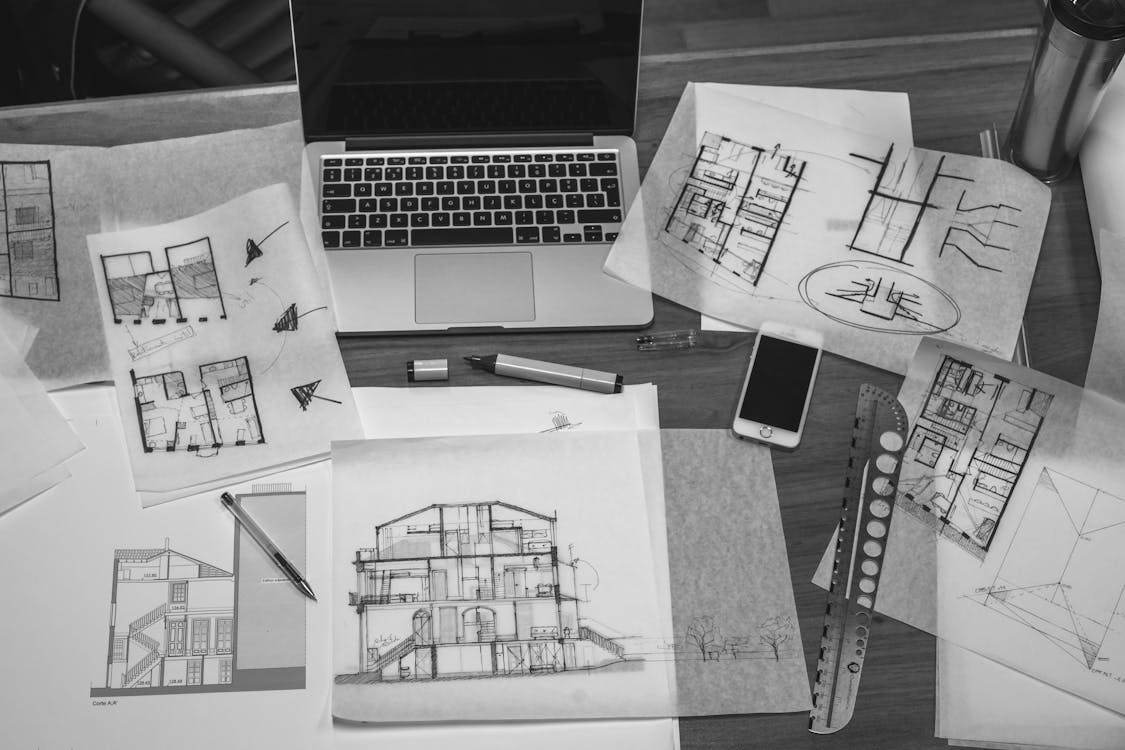After a period of doom and gloom, the commercial market is recovering and development is picking up. There is much enthusiasm about upcoming projects, but construction is always a serious and demanding undertaking. From structural requirements and legal ramifications to environmental restrictions and financial aspects, there is a wide array of factors to take into consideration. Thus, before you dive into your project, make sure to cover all your bases. Making arrangements early on will allow you to avoid headaches later.
Flash out your ideas
Do not just have a project idea in your head or scribbled on a piece of paper. The cornerstone of a commercial construction project comes in the form of professional drawings and blueprints. They cover architectural and engineering requirements, outline design, and establish equipment needs. What is more, drawings usually define construction costs and building permits that need to be obtained. So, go through the building plans if you mean to steer away from nasty surprises and haphazard changes down the road.

Handle the finances
A financial aspect of construction must be sorted out beforehand. Some owners have ample funding, to begin with, however, most people have to think about securing the financing. The first thing to do is come up with an assessment of the total cost of the project. In this stage, it might be a good idea to rely on professional construction estimator. Furthermore, it is best to cover the highest estimated cost of a project and even prepare a financial cushion for the unexpected.
Find the right contractor
The choice of a contractor is paramount to the successful completion of the project. Thus, request bids from multiple contractors, do background checks and evaluate the reputation of companies that come forward. Specialized contractors in the league of experienced TDK formwork should definitely be on your radar. And if you had a fruitful collaboration with a certain company, ask it for a bid again, but keep your options open. This way, you should manage to secure the ideal cost, quality materials, and a schedule that meets your expectations.

Go through the contract
Next, it is time to take a long, good look at a contract. It goes without saying that owners must not overlook a single detail in it. To stay on the safe side, also have your lawyer go through it. In case you are not satisfied with a certain aspect, have an open conversation with the contractor and do have any changes and modifications in the writing. Embrace a hands-on approach and once the work starts, take part in inspection processes during each stage of construction.
Punch List
When a contractor declares the project complete, it does not mean you can sit back and relax. Namely, it is necessary to inspect the building and identify potential issues, such as incomplete or defect work. Discovering such problems typically leads to creating a “punch list”. It helps if the contract specifies that the contractor is under obligation to correct faults, complete items on the list, and set things right. Also, this work should be finished in a defined time frame. The contractor usually does not receive the full amount of money until this condition is met.

Consider insurance and indemnity
Many owners lose sight of the fact that a contractor needs to maintain an appropriate level of insurance. This involves employer liability, worker’s comp, commercial general liability, commercial auto liability, umbrella liability, and if applicable, builder’s risk insurance. The agreement should require a contractor indemnify and hold you free of any liability. The only scenario in which you are not exempt from liability is a failure to pay the contractor as agreed.
Like clockwork
Before the plans are set in motion and construction begins, you want to verify your financial capabilities and confirm that a game plan matches your wants and needs. This wards off confusion and misunderstanding and enables you to make the process run smoothly. There are some more pitfalls to keep an eye on during and after the construction work, so be vigilant. Make good use of your resources and time. Find the best contractor for the job and you should be able to get the most bang for the buck.
